 A few months ago Dr. Ann Luce (Faculty of Media & Communication) and I were interviewed by the US-based organisation Catalysta TM on the issue of the portrayal of childbirth in the media. This week Catalysta released the podcast which is available here!
A few months ago Dr. Ann Luce (Faculty of Media & Communication) and I were interviewed by the US-based organisation Catalysta TM on the issue of the portrayal of childbirth in the media. This week Catalysta released the podcast which is available here! 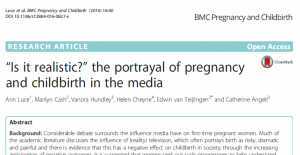
The online interviews with a journalist and podcast producer in the USA was based on our publications around the topic, such as our highly cited BMC Pregnancy& Childbirth paper ‘“Is it realistic?” the portrayal of pregnancy and childbirth in the media ‘ [1] and our 2017 book Midwifery, Childbirth and the Media published by Palgrave Macmillan [2], as well as papers in UK midwifery journals [3-4].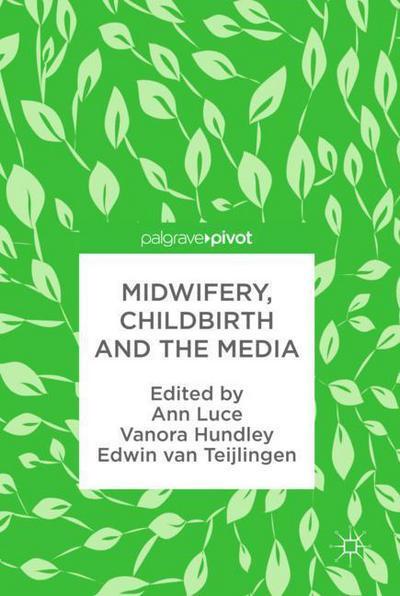
Prof. Edwin van Teijlingen
CMMPH
References
- Luce, A., Cash, M., Hundley, V., Cheyne, H., van Teijlingen, E., Angell, C. (2016) “Is it realistic?” the portrayal of pregnancy and childbirth in the media, BMC Pregnancy & Childbirth 16: 40
- Luce, A., Hundley, V., van Teijlingen, E. (Eds.) (2017) Midwifery, Childbirth and the Media, London: Palgrave Macmillan [ISBN: 978-3-319-63512-5].
- Hundley, V., Duff, E., Dewberry, J., Luce, A., van Teijlingen, E. (2014) Fear in childbirth: are the media responsible? MIDIRS Midwifery Digest 24(4): 444-447.
- Hundley, V., Luce, A., van Teijlingen, E. (2015) Do midwives need to be more media savvy? MIDIRS Midwifery Digest 25(1):5-10
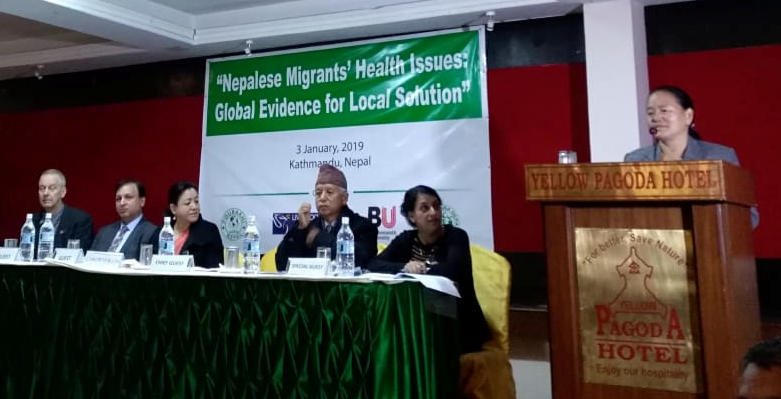

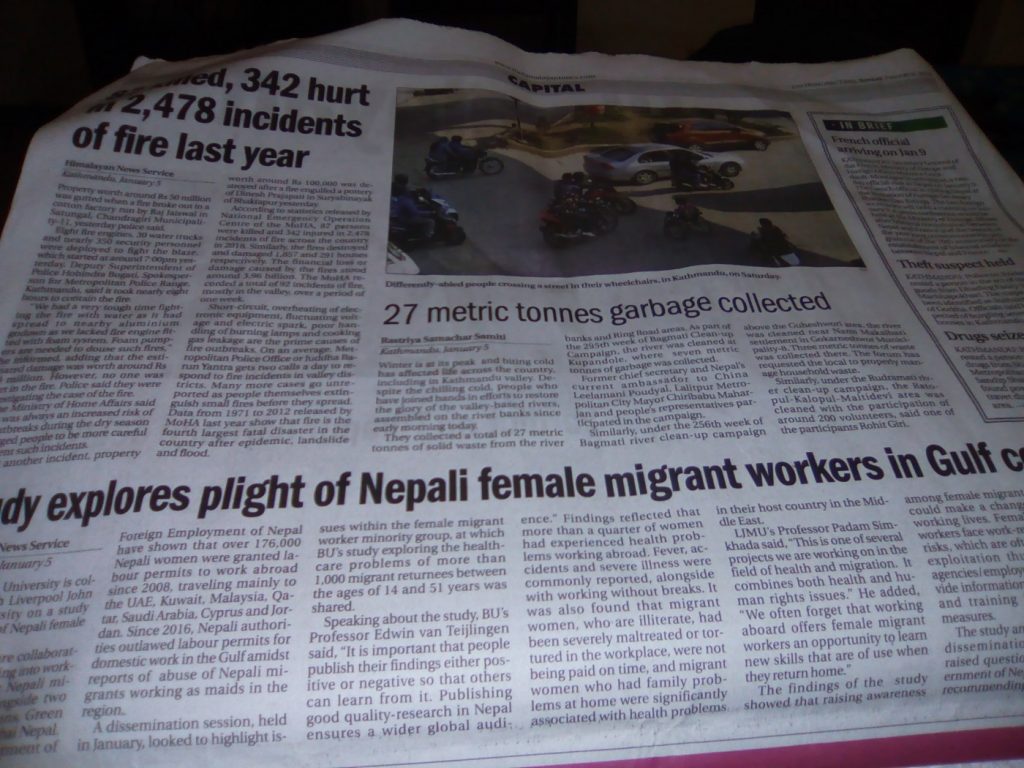
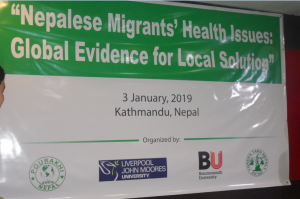
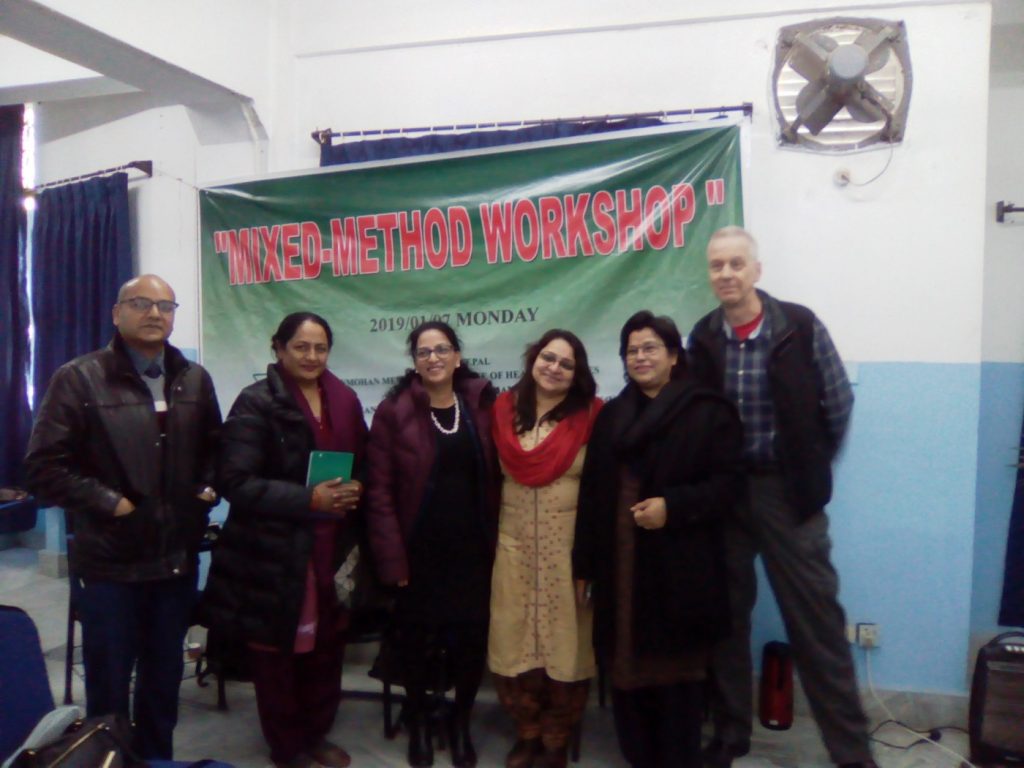
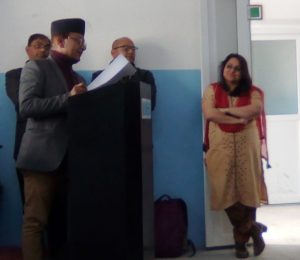
 Events will take place in British Academy on 14 January and in Newcastle University on 17 January.
Events will take place in British Academy on 14 January and in Newcastle University on 17 January.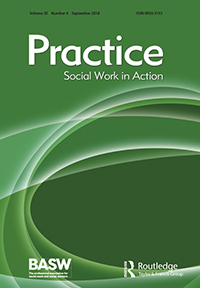

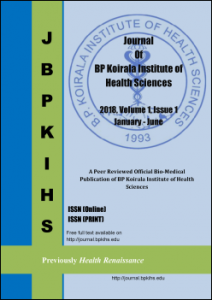

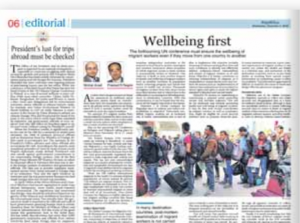

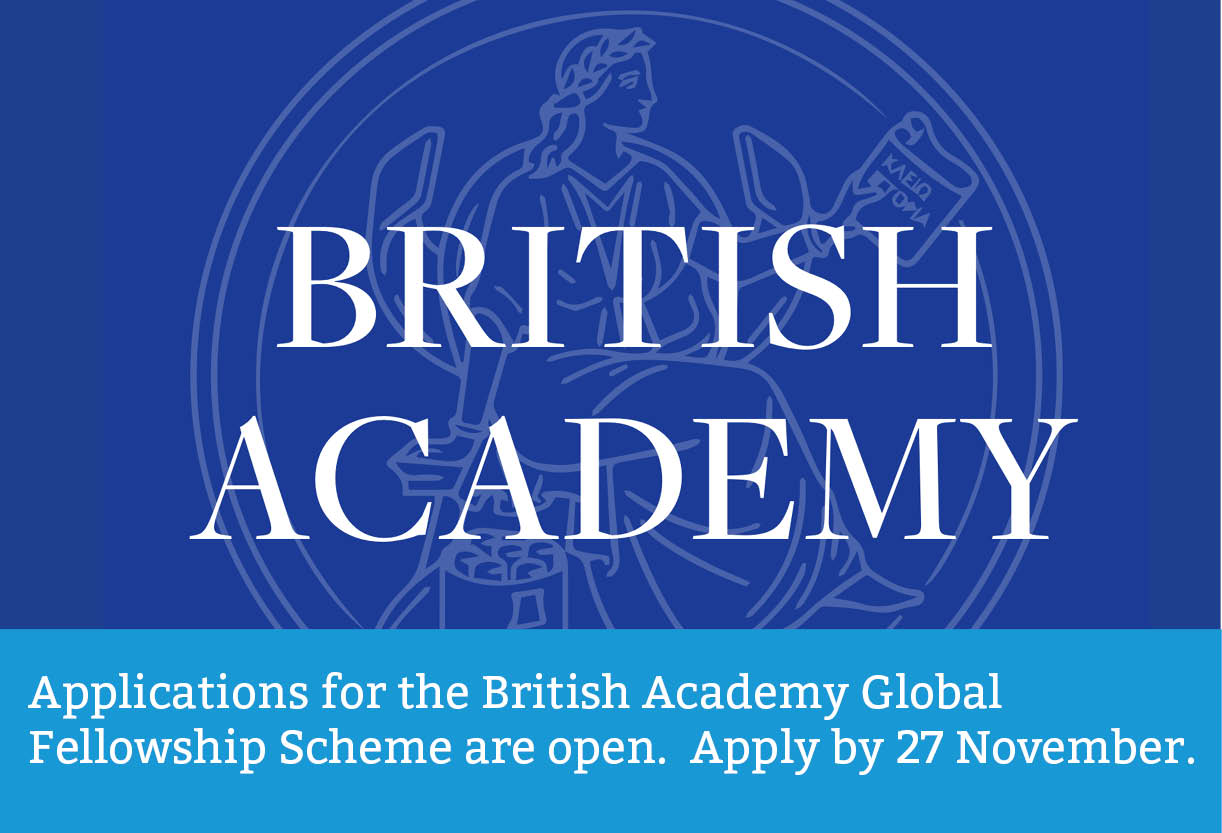
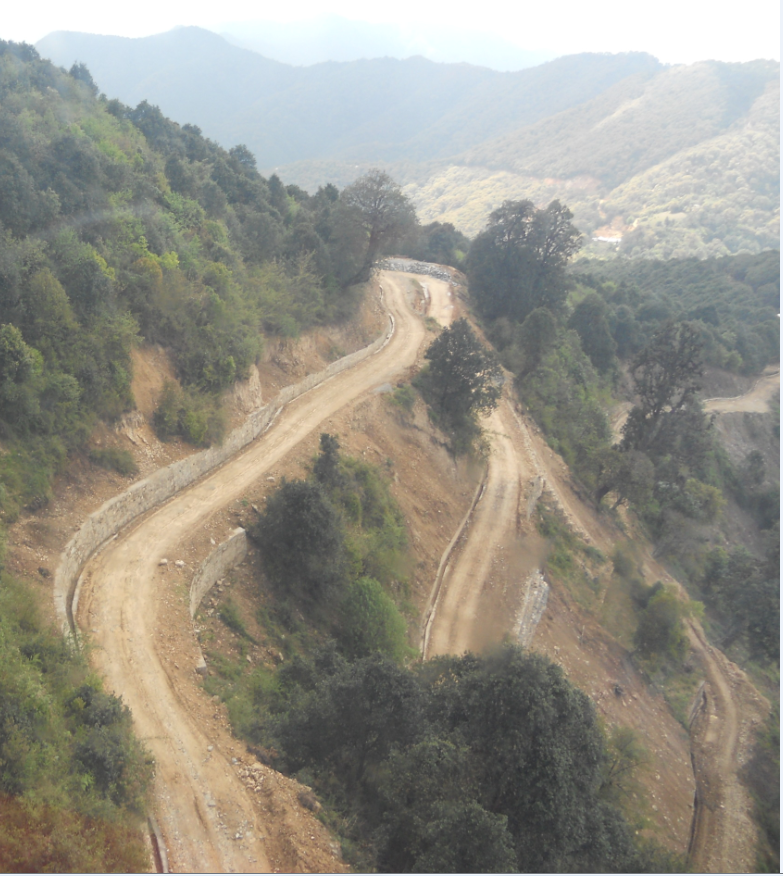
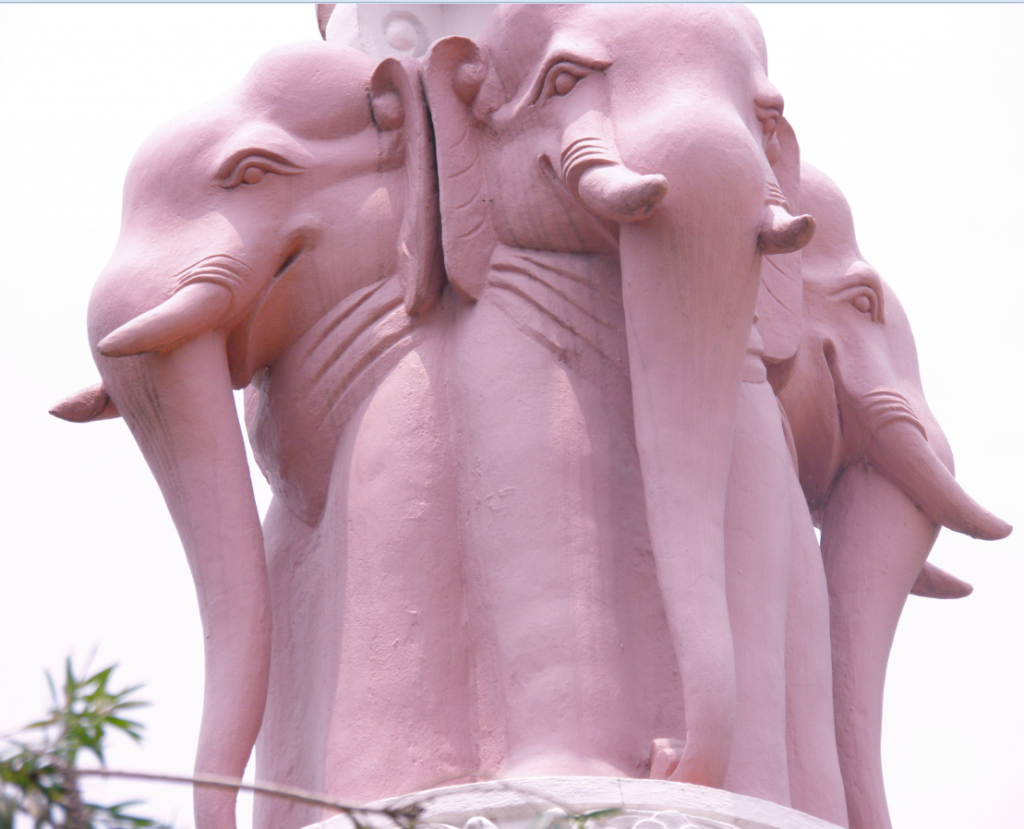
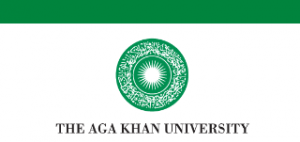
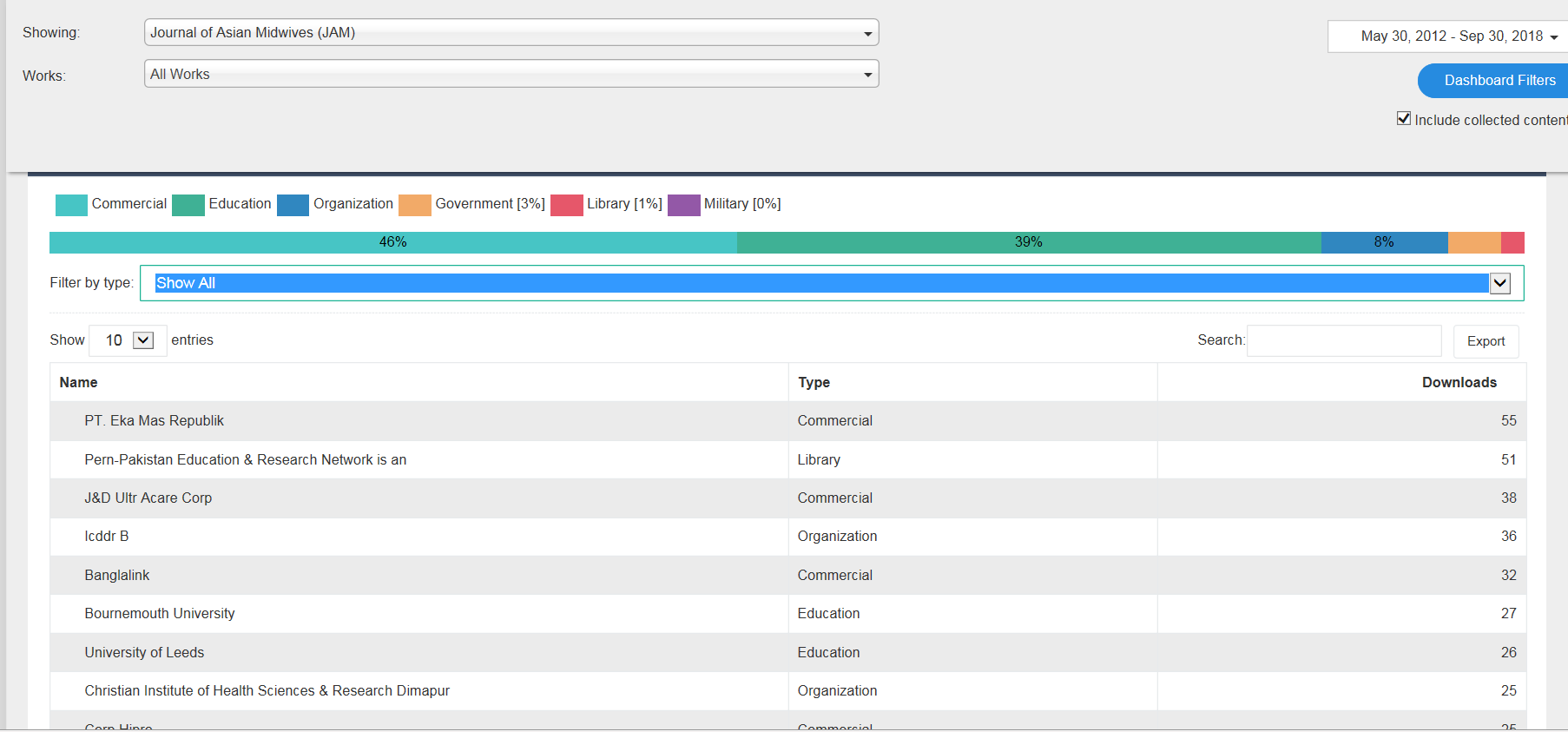
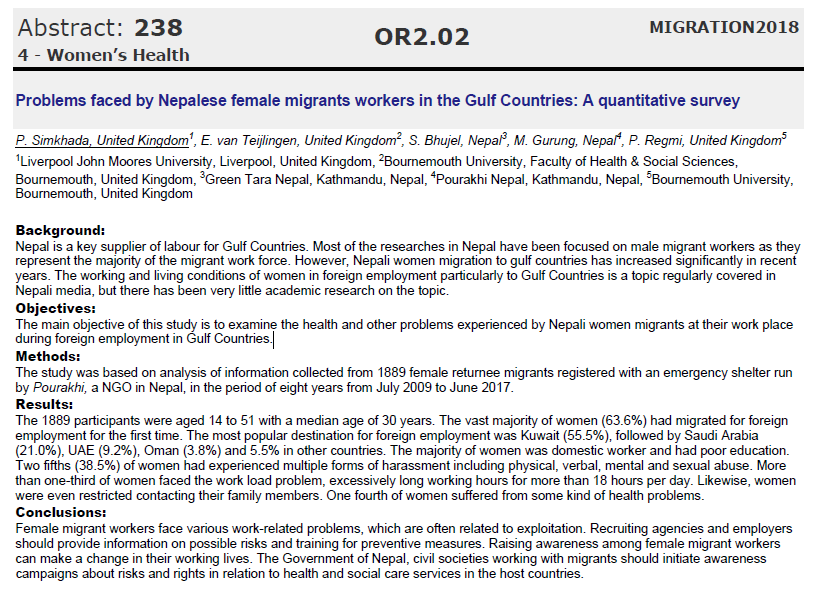
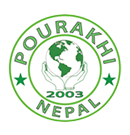


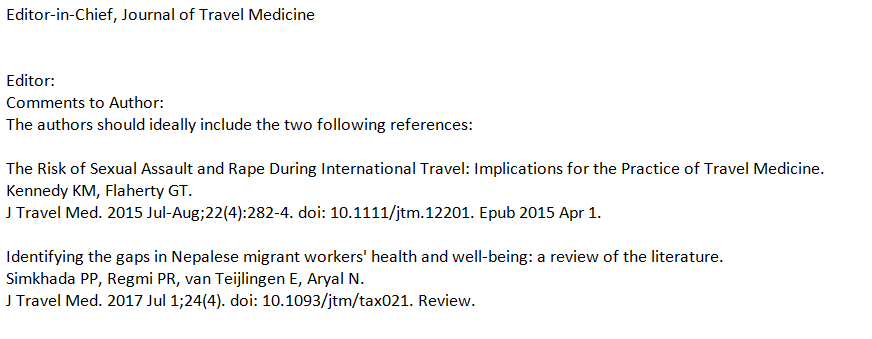
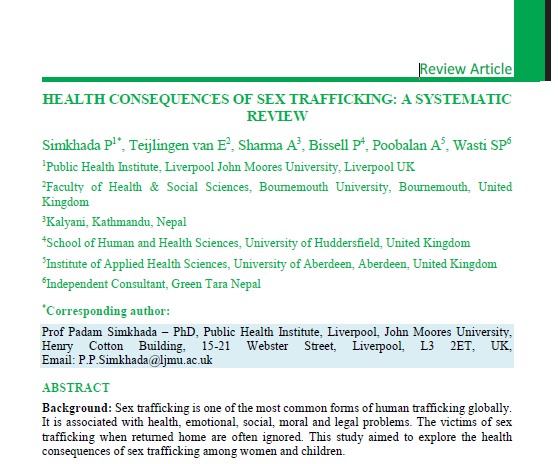











 Seeing the fruits of your labour in Bangladesh
Seeing the fruits of your labour in Bangladesh Exploring Embodied Research: Body Map Storytelling Workshop & Research Seminar
Exploring Embodied Research: Body Map Storytelling Workshop & Research Seminar Marking a Milestone: The Swash Channel Wreck Book Launch
Marking a Milestone: The Swash Channel Wreck Book Launch No access to BRIAN 5-6th February
No access to BRIAN 5-6th February ECR Funding Open Call: Research Culture & Community Grant – Application Deadline Friday 12 December
ECR Funding Open Call: Research Culture & Community Grant – Application Deadline Friday 12 December MSCA Postdoctoral Fellowships 2025 Call
MSCA Postdoctoral Fellowships 2025 Call ERC Advanced Grant 2025 Webinar
ERC Advanced Grant 2025 Webinar Update on UKRO services
Update on UKRO services European research project exploring use of ‘virtual twins’ to better manage metabolic associated fatty liver disease
European research project exploring use of ‘virtual twins’ to better manage metabolic associated fatty liver disease